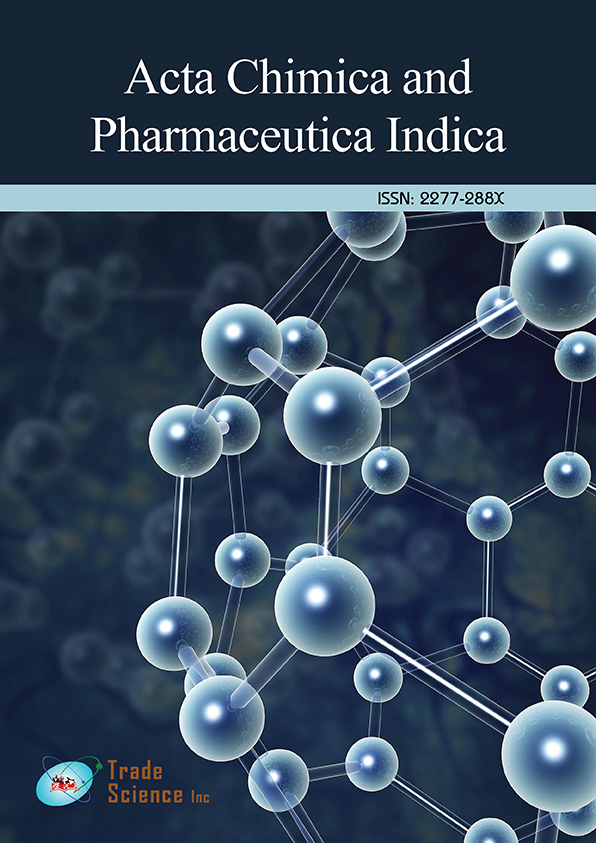Abstract
Analytical interference of biotin
Author(s): Eva DukaiBiotin, also called vitamin H is a multi-enzyme cofactor involved in gluconeogenesis, amino acid metabolism and lipid synthesis. At a balanced diet, there are rare cases of deficiency of biotin. Substitution is required from birth and life-long in the case of a congenital deficiency of enzyme biotinidase. Nowadays, the use of biotin products for cosmetic purposes is very widespread, for strengthening nails, against hair loss, and for beautifying the skin. The recommended daily dose is defined as 30 micrograms per day.
Therapeutic biotin is used to slow down the demyelization process in patients with multiple sclerosis at doses of 100 to 300 milligrams per day. According to the literature data, these doses may be teratogenic. Normal serum biotin concentrations have no impact on biochemical determinations. However, in some immunochemical tests, high serum concentration analytically interferes. Reagents for the immunochemical determination of many hormones, tumor markers, cardiac markers, thyroid markers as well as in infectious serology also themselves contain biotin. Depending on the type of immunoassay (sandwich or competitive assay), the results may be either falsely reduced or falsely elevated. These are individual analytical errors and can lead to wrong diagnosis, wrong treatment, and fatal consequences for the patient. Asking the patient whenever possible and stopping taking biotin a couple of days before the laboratory testing can avoid mistakes of this kind.
